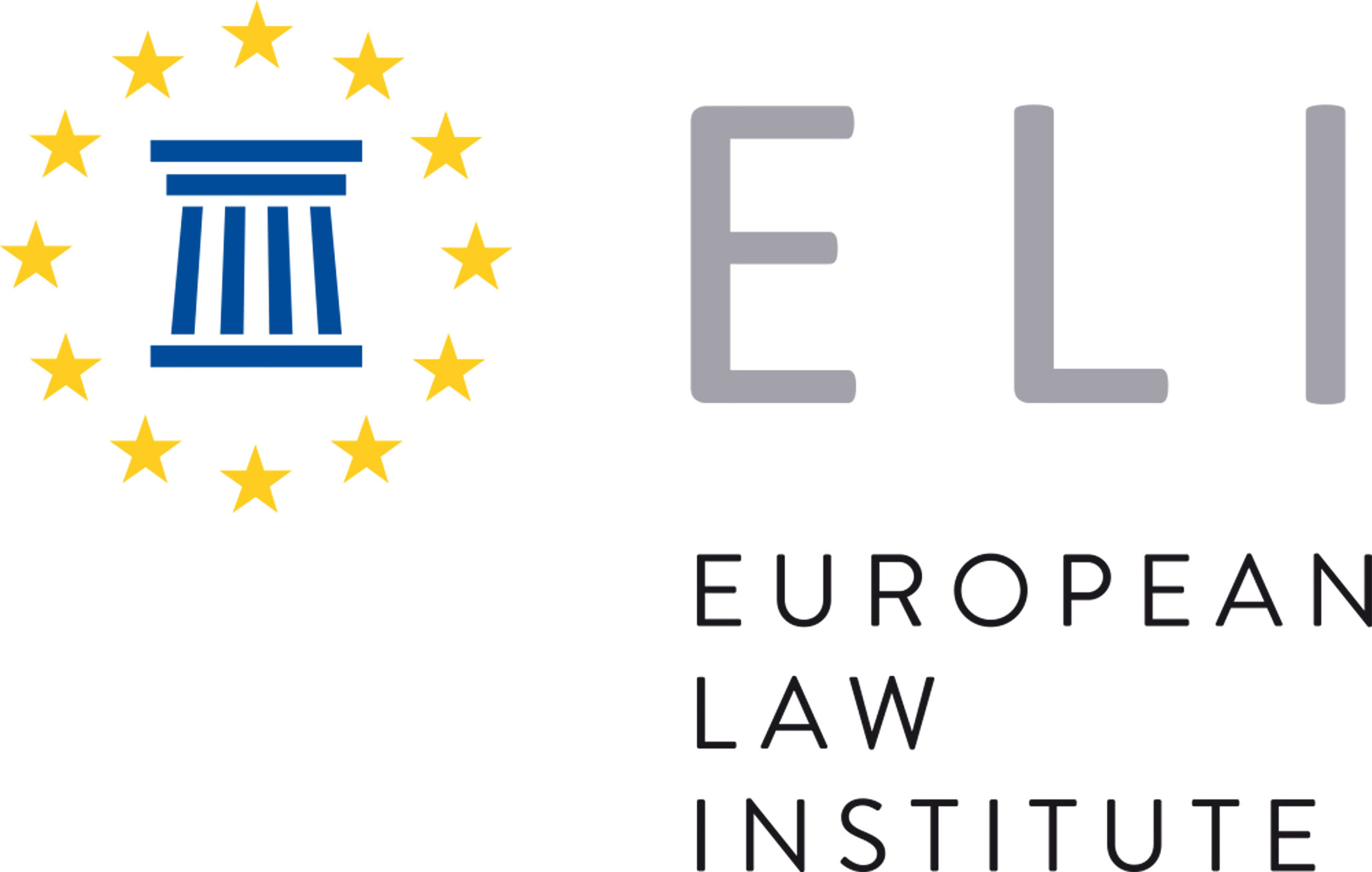Business and human rights: access to remedy improvements
What?
This project looks at obstacles and promising practices in relation to access to remedies for victims of business-related human rights abuses. By analysing complaints mechanisms in selected EU Member States, this research maps what hinders and what facilitates access to remedies.
Why?
Business has an increasing impact on human rights. This is being reflected globally in human rights instruments and in the EU in relation to internal market and trade discussions. The Council of the EU has noted that more work is particularly needed in relation to access to remedies. The Council asked FRA to work in this area, calling for an Opinion, which the Agency delivered in 2017. In 2017, the European Commission requested FRA to follow up with this project.
How?
In the first phase of the project, FRA undertook desk research through FRANET (FRA's multidisciplinary research network) on available remedies in all EU Member States, focusing on complaints avenues available for victims of human rights abuses. In addition, the two states that currently have observer status with FRA’s Management Board (North Macedonia and Republic of Serbia) have been added.
To bring a more concrete perspective to the desk research conducted to date, FRA’s data collection is being supplemented by a limited fieldwork research via expert interviews in 6 EU Member States (Finland, Germany, Italy, Poland, Sweden, and the United Kingdom). Additional interviews will be conducted in France and the Netherlands. The field research captures more hands-on experiences of persons involved in facilitating access to remedy, such as lawyers and experts who have extensive practical experience of litigation or non-judicial mechanisms, in cases of business-related human rights abuses.
The research will lead to a comparative overview of what seems to work and what is missing in terms of access to justice in relation to business abuses of human rights with a view to identifying possible actions in the EU, to be published in 2020. A short overview of the findings from the first phase will be available in December 2019. The project is undertaken in cooperation with the European Law Institute (ELI) (link is external).
 The project is undertaken in cooperation with the European Law Institute (ELI).
The project is undertaken in cooperation with the European Law Institute (ELI).

